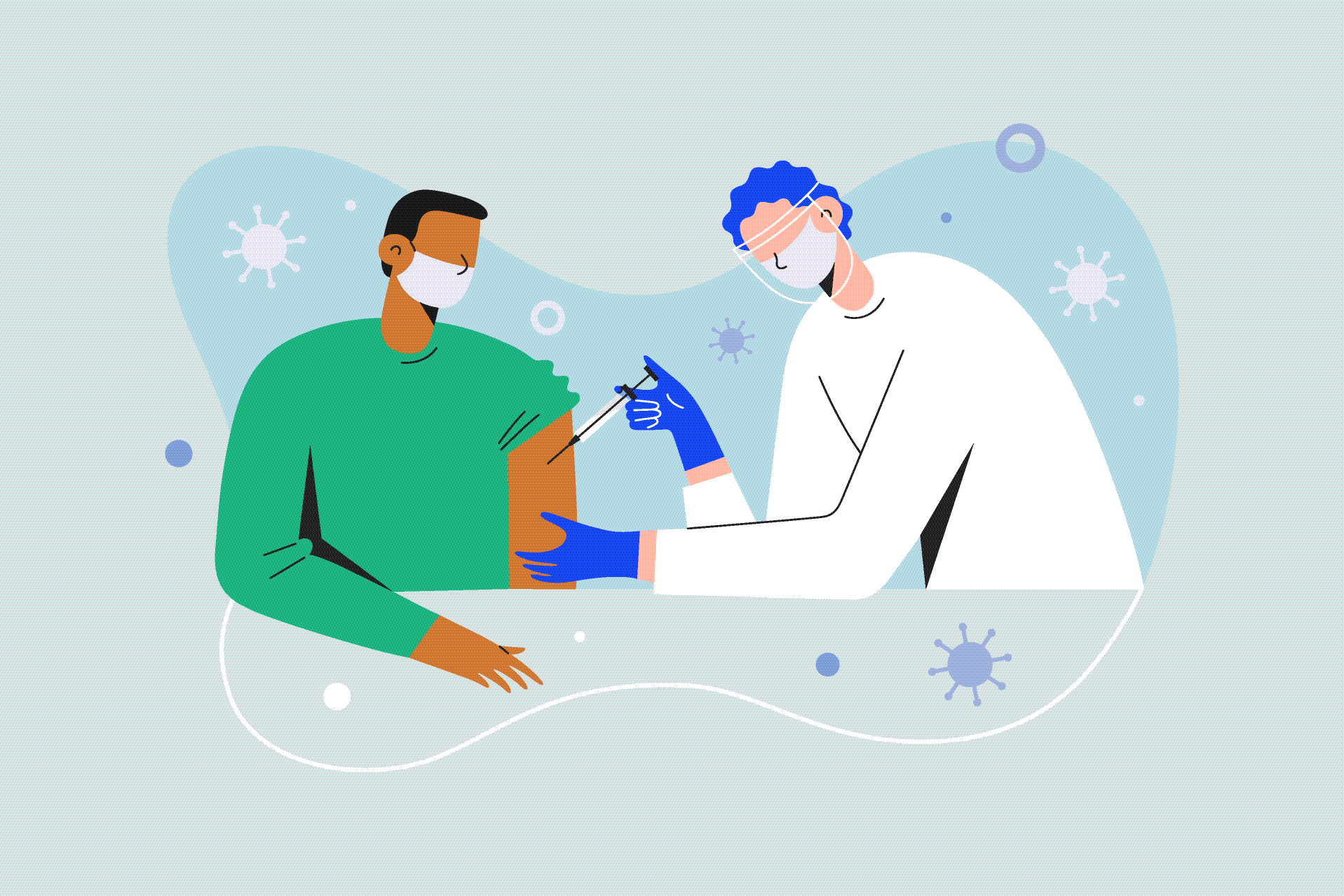Symptoms and Behaviors
- Avoids or does not keep eye contact.
- Does not respond to name by 9 months of age.
- Does not show facial expressions like happy, sad, angry, and surprised by 9 months of age.
- Does not play simple interactive games like pat-a-cake by 12 months of age
- Uses few or no gestures by 12 months of age (for example, does not wave goodbye).
- Does not share interests with others by 15 months of age (for example, shows you an object that they like).
- Does not point to show you something interesting by 18 months of age.
- Does not notice when others are hurt or upset by 24 months of age.
- Does not notice other children and join them in play by 36 months of age.
- Does not pretend to be something else, like a teacher or superhero, during play by 48 months of age.
- Does not sing, dance, or act for you by 60 months of age.
In their daily lives, these symptoms and behaviors may prevent autistic people from communicating properly and maintaining friendships. Autistic individuals have varying levels of abilities. Some require very little to no support in doing day-to-day tasks. Others require constant support.
Autism Misunderstandings:
There are many autistic people in the world. According to the CDC, 1 in 59 children born in the USA have ASD. Despite this large number, there are still many myths and misconceptions around ASD. It is important that we dispel these so that everyone correctly understands autism.

“Autistic people cannot live independently in the future”
This may seem to be true before a person with ASD undergoes therapy. However, with the right therapists, teachings and support, an autistic person can learn basic abilities and skills.
At Dawn, we teach our students vocational skills, such as repackaging soaps and wrapping chocolates, to prepare them for the real world. They have become very good at their work! We also teach them public speaking and provide speech therapy to make communication easier for them.

“All autistic people have “special gifts” or are gifted”
The media often portrays autistic children as gifted, causing people to believe that every autistic person is gifted. However, the actual chances of an autistic person being gifted are very low. In fact, they have the same IQ range as non-autistic people. There is no empirical research to back the claim that all autistic people are gifted. So, it’s only a myth that all autistic people are gifted. Yet, this is not to say that your child is disabled in every aspect of themselves. Every child has their own strengths. At Dawn, we try to identify their unique strengths, such as music or reading, and nurture it.

“Vaccines cause autism”
No, vaccines do not cause autism. A comprehensive report from the Institute of Medicine examined over 1000 studies and found that there is no link between vaccines and autism. You might have seen propaganda that says vaccines cause autism, however it is important to remember that none of this is true! The actual cause of autism is still unknown.

“Autistic people cannot form meaningful relationships.”
It is true that autistic individuals struggle with social interaction. However, this doesn’t mean they do not want to form healthy relationships with other people. They may initially struggle with socializing, however if they receive proper therapy and intervention, they can also form meaningful relationship.